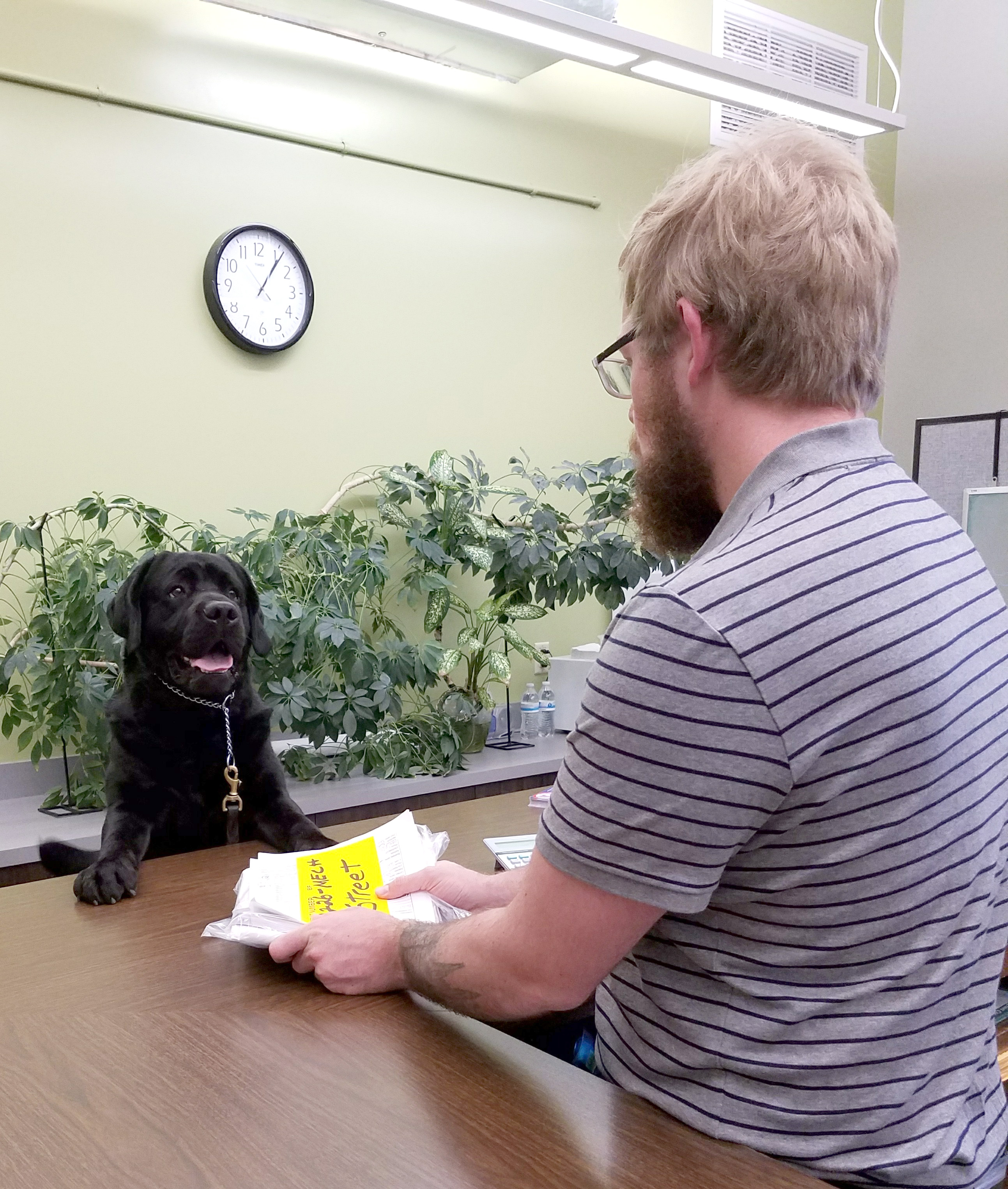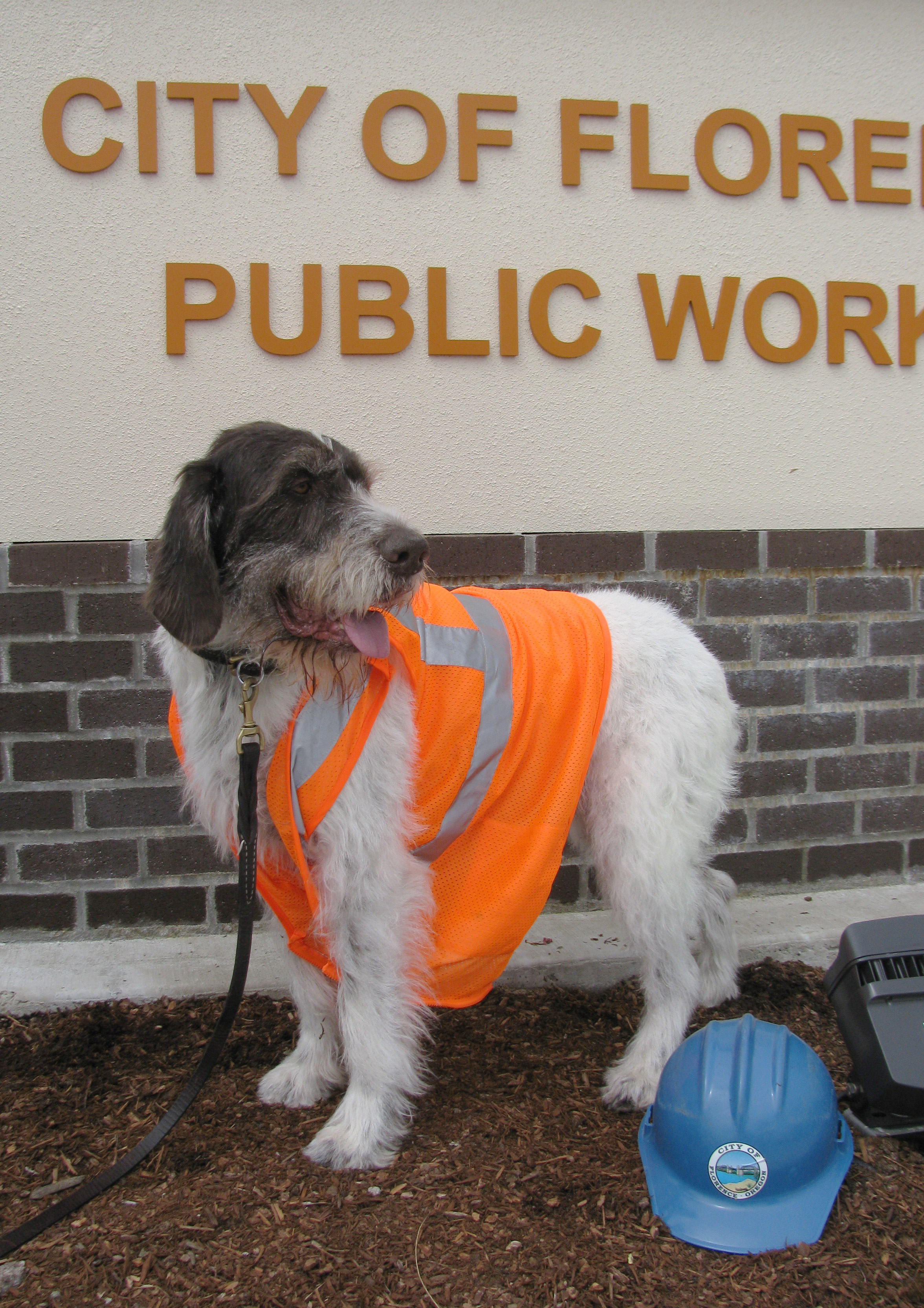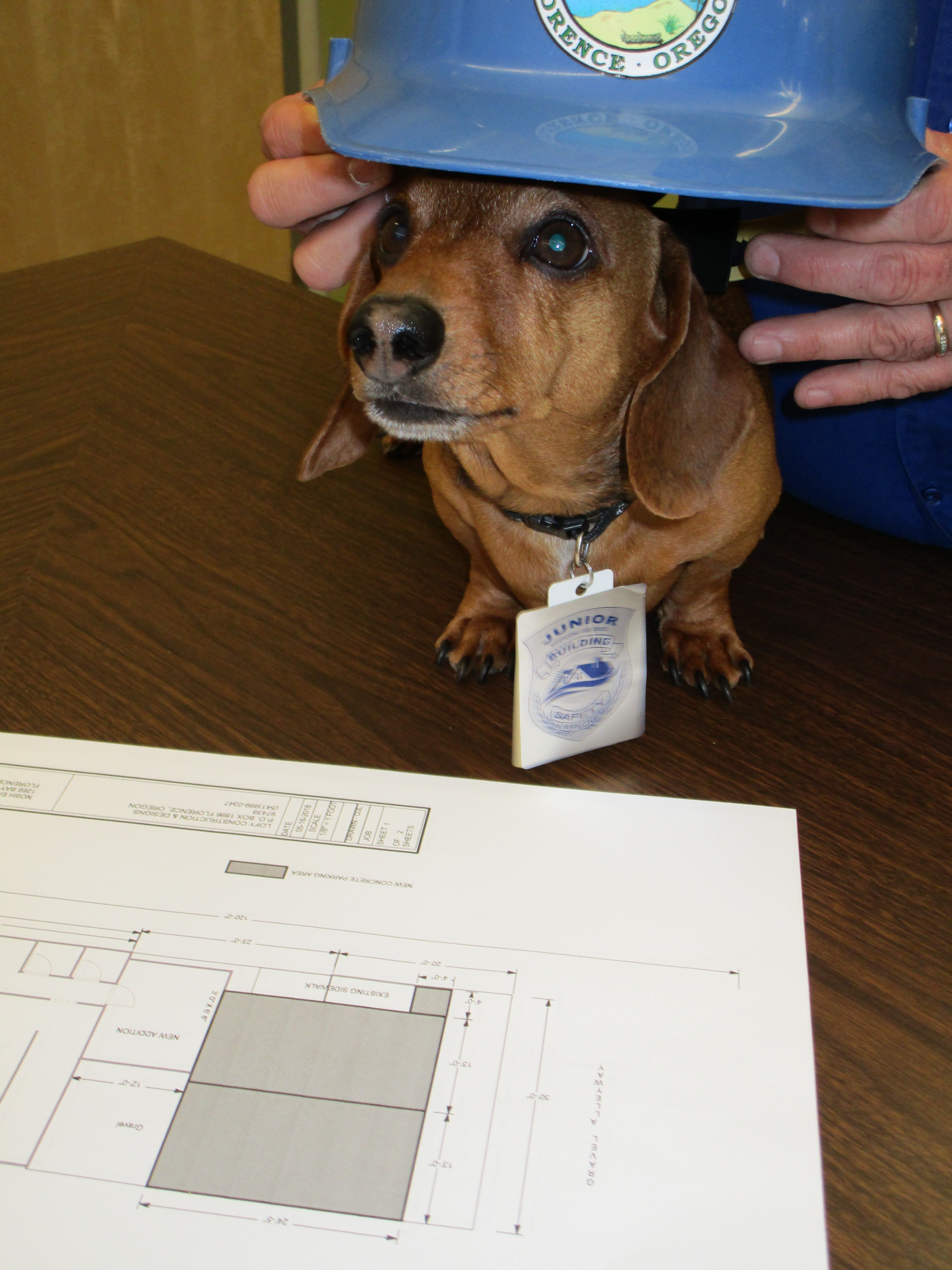-
Our Community
-
- Our Community About Florence City Newsletter News & Recognition Events & Activities City Calendar Florence Events Center Calendar Chamber Calendar RiverCal Siuslaw Library Calendar Schools Siuslaw School District Lane Community College
- Airport City Projects Directory Doing Business Health Care Resources Library Local Media Rainfall Report Transportation Parks & Trails Directory
- Public Safety City of Florence Police Lane County Sheriff's Office Oregon State Police US Coast Guard - Siuslaw Station Western Lane Fire & EMS Authority Organizations Florence Area Chamber of Commerce Florence Events Center Florence Senior Center Port of Siuslaw Siuslaw Vision
-
- Doing Business
-
Welcome Visitors
-
- About Florence Community Amenities Airport Florence Events Center Library Parks & Trails Directory Public Art Senior Center
- Eat, Shop, Stay & Play Florence Area Chamber of Commerce Move Your Business
- Events & Activities City Calendar Siuslaw Library Calendar Chamber Calendar Florence Events Center Calendar
-
-
Inside City Hall
-
- City Council City Services A-Z Commissions and Committees City Projects Directory Agendas and Minutes Florence News ADA Facility Code of Conduct
- Administration Administrative Services City Manager's Office City Recorder Economic Development Emergency Management Finance Human Resources Municipal Court Urban Renewal (FURA) Utility Billing Florence Events Center Police
- Community Development Building Code Enforcement Planning & Zoning Public Works Airport Parks Stormwater Streets Wastewater Water Media Inquiries
-
-
Helpful Resources
-
- Apply for a Job Apply for a Board or Committee Contact the City Council Contact City Staff Check City Social Media Download Forms & Applications Find a City Code
- Find Transportation Get a Business License Get a Noise Variance Get Email Subscriptions Hold a Special Event Locate City Offices Pay My Utility Bill Pay My Court Fine
- Report a Code Violation Report Storm Related Issues Request a Police Report Request a Public Record Reserve a Park View Bids & RFPs View the Calendar
-
International Code Council BUILDING SAFETY Month - Week No. Four!
Safeguarding Our Water
WEEK FOUR // May 25-31, 2018
Clean water is the world’s most precious commodity. The World Health Organization estimates 844 million people lack basic drinking-water service. In the United States, communities such as Flint, Michigan, will continue to suffer the ill effects of unsafe drinking water if we are not vigilant.
The ICC Family of Companies has several resources available to assist jurisdictions, manufacturers and the public with water conservation and efficiency. The International Code Council's codes and standards have addressed water-related issues for decades, and we remain committed to working with member jurisdictions and industry partners to bring water efficient products to market, labeling new homes and structures as more water efficient, and spreading the word about the need for smart water use.
Building, plumbing and green codes help ensure tragedies such as this do not happen, so we can guard this precious commodity for future generations through proper construction, conservation and safe disposal.
Code officials learn not only from situations such as those in Flint, but also from changes in Mother Nature.
California droughts fostered water conservation rules, based in part on irrigation standards developed by the International Code Council, that included regulations for using drought-tolerant plants on lawns for new homes with more than 500 square feet of landscaped area, and limit turf grass to 25 percent of landscaping, down from a third.
A partnership between the ICC and the Residential Energy Services Network (RESNET) developed a new standard builders can use to evaluate and market a home’s water usage efficiency. Real estate agents are beginning to take notice of the value of such water efficiency rating, not just in California, but in other areas where potable water may be a concern.
A clean water supply also is crucial, even if your community offers water and sewage treatment. If there are faulty or no backflow protectors in your home, cross-contamination can happen even while residents are filling their backyard swimming pools, drawing some of the pool’s chlorine into the home.
Code officials are vigilant protectors of our water supply. Because of their dedicated service, you can turn on the tap in your home and draw sufficient, clean water. They take nothing for granted, so you can.
Backyard Safety Tips
As summer approaches, the International Code Council urges homeowners to take the time to check their outdoor areas for potential safety hazards. Proper inspections now can help to keep your family and friends safe in the future.
Practice constant, adult supervision around any body of water, including pools and spas. Nationally, drowning is a leading cause of death to children under five.
If you're considering a swimming pool purchase, contact your local Building Department first to determine exactly what permits are needed and what requirements you must follow.
In-ground and above-ground pools, including inflatable pools holding more than 24 inches of water, must be surrounded by a fence or other barrier at least four feet high. Any gates in the fence must be self-closing and self-latching.
Reserve a spot on a wall or fence near the pool for lifesaving devices, including a portable or mobile telephone.
Steps and ladders for above-ground pools should be secured or removed when the pool is not in use.
Use a cover for the pool when it is not in use.
Make sure drain covers are properly fitted and paired or have vacuum suction releases to prevent being trapped under water.
Consider installing a pool alarm that can alert if someone enters the pool.
Spa water temperatures should be set to 104 degrees Fahrenheit or lower to avoid elevated body temperature, which could lead to drowsiness, unconsciousness, heat stroke or death.
Designate the grilling area as a "No Play Zone" and keep kids and pets well away until grill equipment is completely cool.
Check propane cylinder hoses for leaks before use.
Do not move hot grills.
Never add charcoal starter fluid when coals or kindling have already been ignited, and never use any flammable or combustible liquid other than charcoal starter fluid to get the fire going.
Don't leave toys, tools and equipment in the yard.
Keep steps, sidewalks and patios in good repair.
Check all swings, slides, playhouses and other structures for sharp objects, rusty metal pieces, breaks or weakened support pieces.
Learn cardiopulmonary resuscitation (CPR).
Important Backyard Safety Links
Prevent Accidents, Save Lives: Pool and Spa Safety Brochure
Home Safety Checklist
10 Important Tips for Backyard and Pool Safety
View Week 4 Interactive Poster
Click any thumbnail image to view a slideshow




